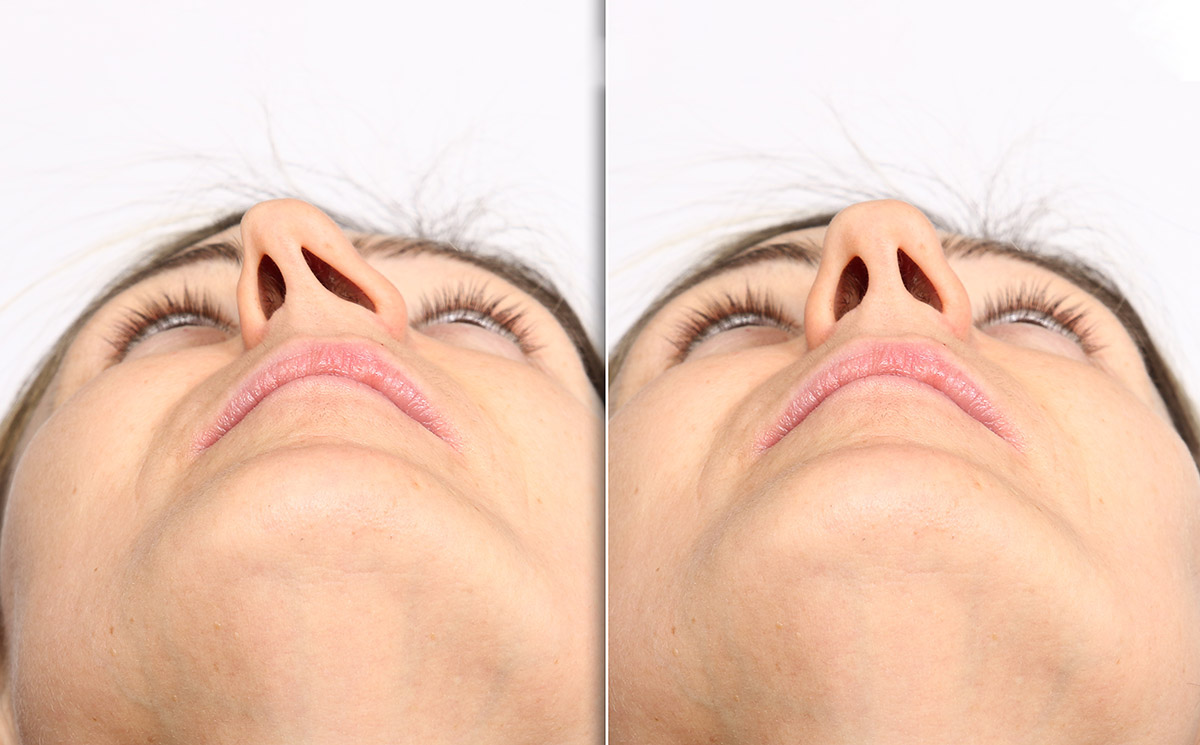
Do I need braces before I get veneers? It’s a question we hear often. The answer is maybe.
Veneers can do a lot to straighten teeth. And, in some cases getting braces before veneers is the right way to go. This is especially true if you have a pronounced underbite or overbite.
Why Braces Before are Recommended
There are three reasons why you may need get braces before you get veneers.
Braces Correct Your Bite
Braces are used to correct overbites and underbites. Having proper bite balance is essential to maintain your veneers. A balanced bite means your back teeth touch evenly. Front teeth do not touch once your bite is balanced.
Having a properly balanced bite reduces the risk of damage to your veneers. It is also healthier overall. A well-balanced bite, with straight teeth, is easier to care for at home.
Braces for Crowded Teeth
Braces can help when teeth are crowded together. The veneering process usually involves the removal of some tooth enamel. But, when teeth are too close together, veneers cannot be placed with ideal proportion.
Aligning teeth with Invisalign or braces before veneers can help. Also, most of us do not veneer all of our teeth. So, aligning and whitening teeth are good complimentary Dental treatments.
Braces to Correct Alignment Complications
In many cases, veneers can correct misalignment. There are times when braces are needed to correct alignment complications.
Misaligned teeth can cause an array of dental problems, such as TMJ, bruxism, jaw hinge pain, and teeth grinding. If you have any of these problems, veneers won’t solve them.
It is best to proceed with treatment to fix your bite. This may include orthodontics.
Once you have a healthy bite, you may want to enhance the appearance of your smile with porcelain veneers.
Are Braces Mandatory for a Better Veneer Smile?
Braces before veneers are not mandatory for a better smile. In fact, most people who get veneers do not need braces. With veneers, Dr. Frahm can:
- Create a symmetrical smile.
- Enhance the color of your teeth.
- Rebuild teeth damaged by chipped enamel, minor breaks, or discoloration.
- Align slightly crooked and misaligned teeth.
- Improve your bite.
Braces Are Better Now
If you do need braces before veneers, the process might be easier than you think. orthodontic treatments have come a long way. There are options for smile alignment that include:
- Accelerated Invisalign can reduce treatment time.
- Petite self-litigating braces for easier Cleaning and orthodontist visits.
- Traditional braces with an orthodontic specialist. Dr. Frahm can recommend a great orthodontist.
There are benefits to aligning teeth before veneers are placed:
- Aligning the teeth allows the Dentist to remove less enamel.
- Supports root and bone structure if Dental Implants are involved
- Properly aligns your jaw for comfortable biting and chewing
If you’re interested in a consultation to learn if veneers or braces are right for you, click the button below to learn more about cosmetic dentistry in your area or schedule an appointment with a qualified dentist!
